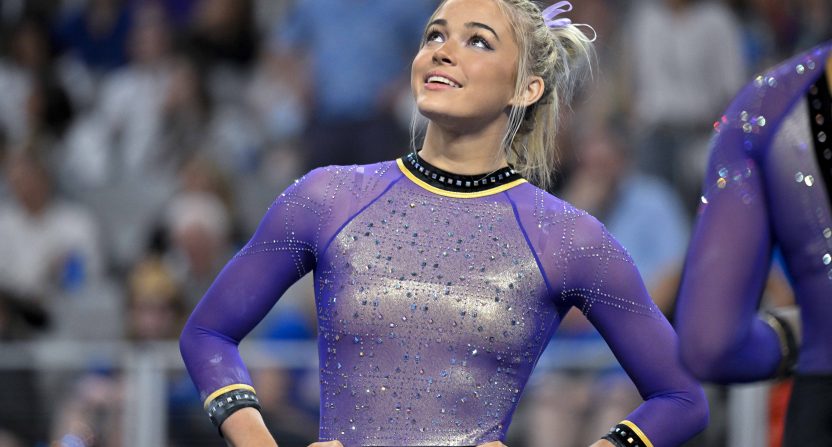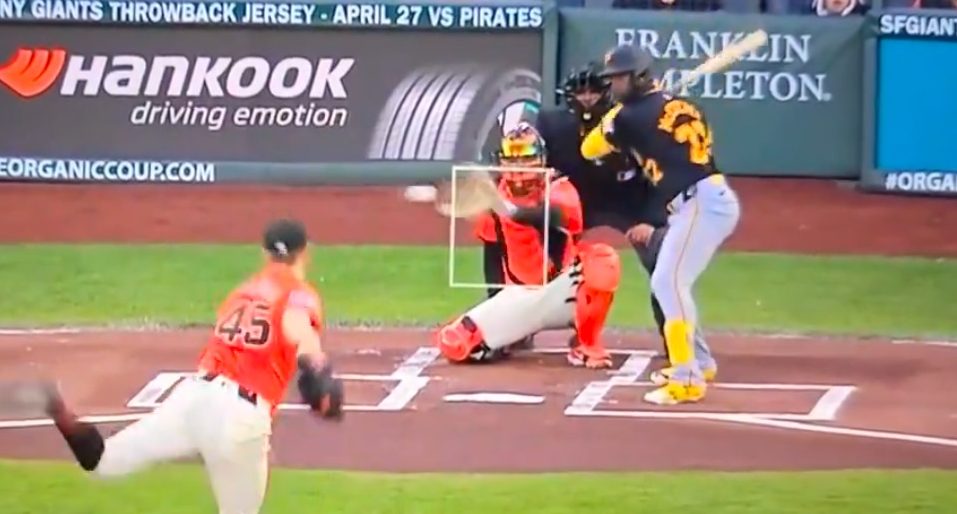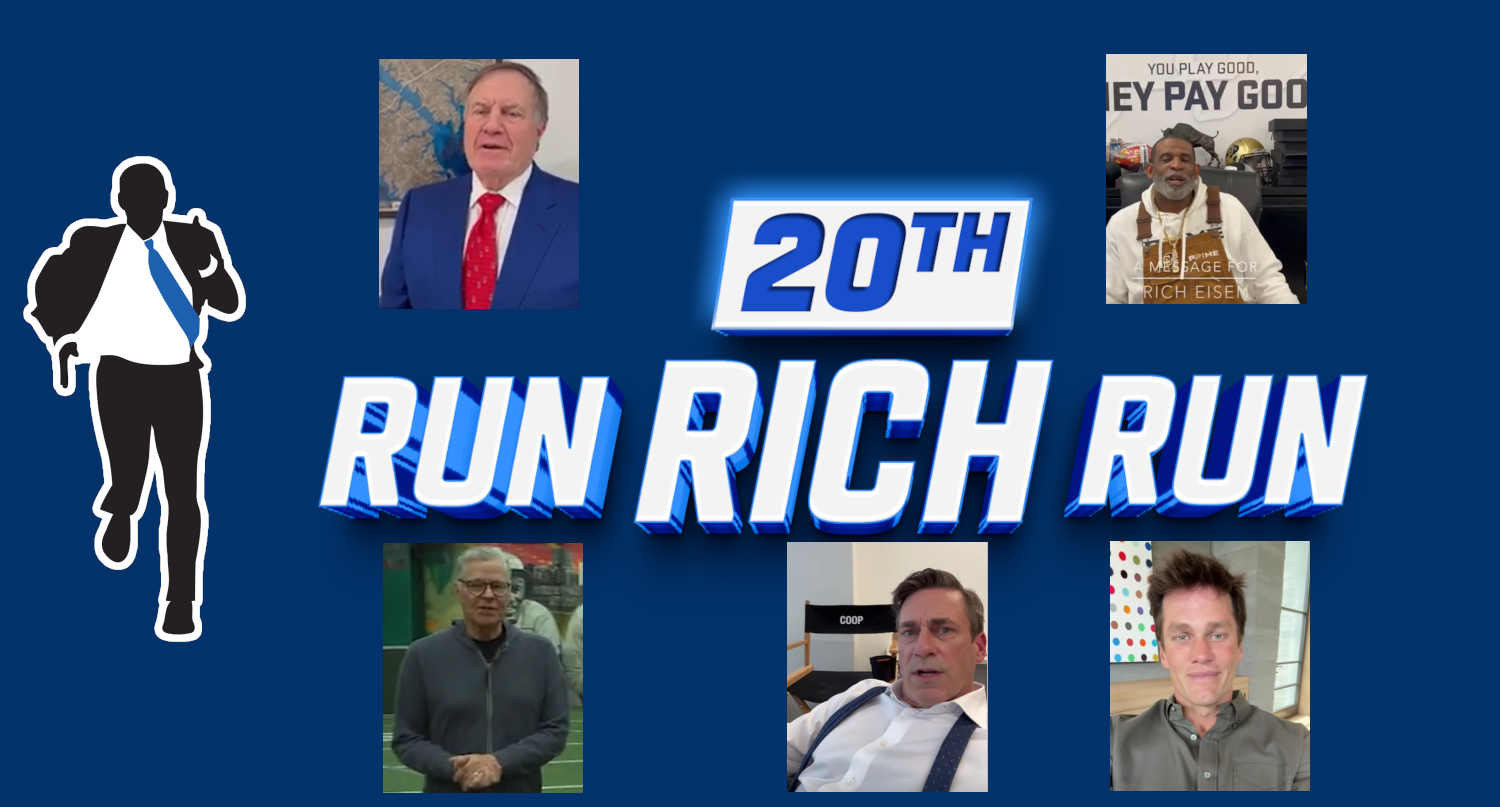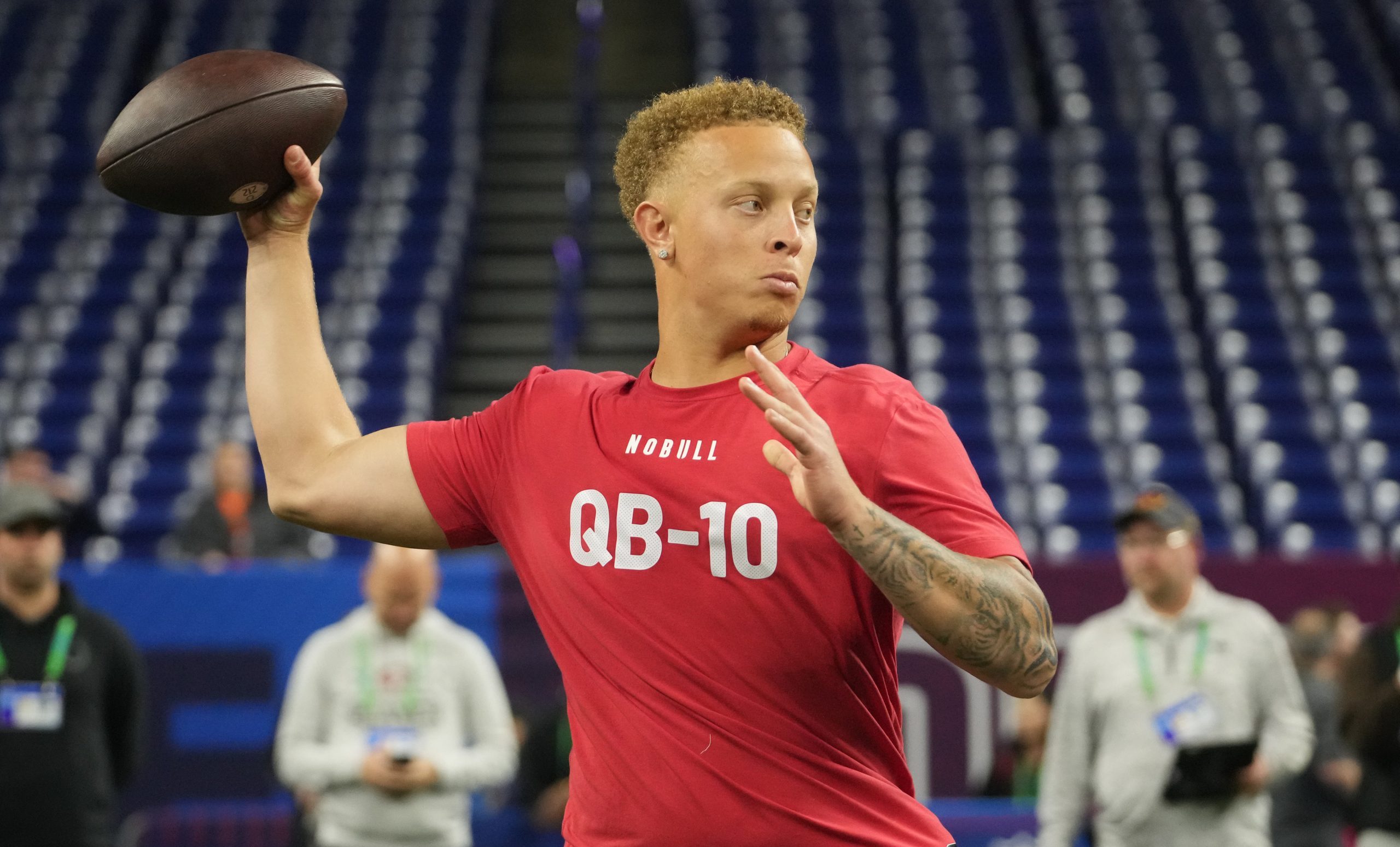Another day, another NIL hearing that’s unlikely to result in employee rights for college athletes. Earlier this month, the 11th Congressional NIL hearing took place as the NCAA continues to lobby Congress for an antitrust exemption which would give them a wide range of power to restrict, regulate, and monitor NIL rights for college athletes. There were several notable moments from the hearing, but perhaps the most interesting sentiment came from Meredith Page, a Radford volleyball player. When asked if she feels like an employee, Page responded:
“Not at all. Especially since it’s a voluntary thing that we’re doing. We get the privilege of playing collegiate sports. And then we get the privilege of making money off of our NIL. Rather than it needing to be rewarded to us because we’re there.”
On the surface, Page’s statement sounds unremarkable–she’s a college athlete grateful for the opportunity she has to play the sport she loves and earn money from NIL (both good things). But there’s one word that she repeats that’s worth mentioning: privilege. In the world of college sports policy, there are few words that have been weaponized against athlete rights more than “privilege,” especially when it’s applied to NIL and college sports participation.
Here’s how the (flawed) logic often goes: if playing college sports is a “privilege,” then that participation is a reward in and of itself. Therefore, college athletes aren’t entitled to want anything extra (like NIL), even when “extra” is the floor. Virtually every other college student in America–with international students being a notable exception–has always enjoyed the unfettered ability to monetize their NIL. Access to one’s NIL is not a special privilege. It is a basic right. But the concept of NIL as a privilege is often reiterated by sports media, or at least left unchallenged when it arises. This has to change if we want to support a new age of athlete rights.
There’s a reason we got here in the first place. The idea that playing college sports is a “privilege” is often used in NCAA communications and various NIL and athlete employment hearings as a defense against benefitting college athletes monetarily or otherwise. A quick search of the word “privilege” on the NCAA’s website reveals testimony after testimony of athletes, award recipients, coaches, and athletics workers restating that mindset. And it’s not that they’re wrong–in many ways, participation in American sports is a privilege because of rising costs and exclusivity starting at the youth level. That doesn’t make this reality desirable, but there’s nothing inherently wrong with acknowledging that it exists.
However, the NCAA’s PR surrounding this reality is troubling. It’s how the NCAA covertly justifies not allocating athletic aid to DIII athletes–it’s a privilege (and a choice) to play for the love of the game! Well before regular NIL hearings were commonplace, the NCAA recapped a 2014 hearing about college athlete unionization where former Tennessee Senator Lamar Alexander spoke out against unionization because he believed that college athletes “owe the university—at least that is the way I feel about it—for the privilege of competing, for the privilege of attending.”
So college athletes, who practice and compete for hours, 6-7 days a week on their sport, plus academics, offseason workouts, travel, sports rehab, media appearances, team meetings, and other obligations that don’t count toward the NCAA’s concept of “Countable Athletically Related Activities” that can be counted and limited for player safety and time management, owe their universities for the opportunity to compete. Yes, athletic scholarships are nice (even if only about 1% of athletic scholarships are full rides), but they often don’t cover the hourly work rate and market value of athletic labor. Even so, Adam Harris, a former college basketball player and staff writer for The Atlantic, notes how easy it is for college athletes to get sucked into an indebted mindset.
“Just before college, and into college, I’d really glommed onto this idea of this glamorous college athlete,” he explained in an episode of the Experiment podcast. “You’re playing for the purity of the game. That’s a privilege, and that’s payment in itself. You get to go to this great university for free!”
This ideal of the “amateur” athlete who plays for the love of the game is not only a myth, but, as Harris alludes to, it glamorizes, and therefore, often delegitimizes, the legitimate labor that college athletes perform. It’s a powerful luster, as Harris notes later in the interview. “I mean, the love of the game is such a powerful force,” he said. “But I think, over time, I realized that can blind you to a lot of the injustice lying just beneath the surface.”
Although many athletes love what they do and even believe their participation is voluntary or a privilege, as Page does, this doesn’t negate the legitimate work involved in maintaining the level of performance required to compete in NCAA athletics. But this idea that the work is fun or voluntary or a privilege, has, and will continue to be used as a stumbling block for athlete rights at all levels. Take, for instance, this excerpt from the National Federation of State High School Associations in their piece on NIL at the high school level:
“Some have argued that high school student-athletes should be able to profit from their own NIL because they are ‘working’ for their school. Very simply, the privilege afforded millions of boys and girls to PLAY not only sports in high school, but also to participate in other activities such as speech, debate, band and theatre is not work.”
But this mindset presents a false dichotomy. Elite sports, whether high school, college, or beyond, can be both a privilege and a lot of work. Viewing privilege and labor as mutually exclusive often has detrimental outcomes for athlete rights at all levels. There’s nothing wrong with acknowledging that playing college sports is a privilege. However, there is something wrong with using the word “privilege” to describe sports participation when doing so negates the legitimate labor that athletes perform and hamstrings their upward mobility in the fight for athlete rights.
The word “privilege” carries weight outside of its application to playing college sports. It appears 36 times in the Division 1 Manual, almost always negatively in bylaws about rule violations, as special benefits that athletes and programs are restricted from accessing, or as something that can be revoked and potentially restored at the NCAA’s discretion, like “privileges of membership in the Association” that can only be reinstated by the NCAA after recruiting sanctions. One such privilege that college athletes cannot yet access is direct payment in exchange for athletic skill, and the NCAA has a surprising explanation for this restriction–violating these amateurism policies, the Division 1 Manual argues, leaves athletes vulnerable to commercial exploitation (nevermind that many college athletes are already exploited by the NCAA). The NCAA’s logic is that its amateurism policies protect college athletes from commercial harm. It’s why the penalties against college athletes who indulge in special privileges including, until 2021, NIL rights are so harsh–it’s for their own good, the NCAA has always argued. Somewhat surprisingly, athlete protection has always been the NCAA’s staunchest defense against athlete rights.
The NCAA’s entire business model is founded on this concept of paternalism–that college athletes need protection, regulation, and guardrails provided by those within the NCAA who just know what’s best for them, but in many cases, have never played college sports themselves. Such measures fall under the NCAA’s so-called “line of demarcation” between college and professional sports. College athletes have fewer rights than the pros because of this imaginary line maintained by language use. Similar to the terms “privilege” and the notorious “student-athlete,” much of NCAA language use is repetitive and strategically designed to maintain adherence to the NCAA’s collegiate model that is currently held together by duct tape, paper clips, PR, and legal fees. If you look closely enough, it’s hard to ignore the patterns.
Take for example, the phrase “NIL” itself. It’s interesting to hear collegiate and professional athletes discuss their similar economic ventures using language that is so vastly different. Indiana Fever star, Aliyah Boston highlighted this dynamic in an interview last week:
“Because you go to the league, that does not stop your NIL deals. You just fully call them endorsements. It’s not NIL anymore because it’s just endorsements. These brands still want to follow you, your fanbase does not change.”
So if NIL deals are synonymous with endorsements, then why is it only college athletes calling these endorsements “NIL deals”? There’s no hard and fast rule anywhere in the Division 1 Manual that requires college athletes to do so, but it’s still a widely-held practice across sports, conferences, and divisions likely because the NCAA leans toward this phrasing in its communications. Openly admitting that college athletes are earning “endorsements” will only blur the (already fuzzy) line of demarcation between collegiate and professional sports that the NCAA tries so hard to maintain. It makes sense, then, that athletes, colleges, conferences, and sports media follow suit and view endorsement rights as a privilege because it’s still somewhat taboo to admit that “amateur” college athletes are, in some cases, earning millions of dollars in sponsorships and endorsements. Many in the college sports space are still catching up to the social shift.
However, we all need to start rightly conceptualizing NIL as a basic right. Framing NIL as a “privilege” ignores the 14% of Division 1 athletes who experience homelessness, and the 24% who experience food insecurity. For these athletes, NIL is not so much a privilege or a side hustle as it is a necessity. Like many young people, college athletes are realizing that with rising housing costs, inflation, and student loans, second (and sometimes third) jobs are becoming more and more of a requirement than a luxury. On a societal scale, it’s not a privilege to work multiple jobs like 46% of Gen-Z folks (aka college students) have to do to make ends meet. Side hustles and small businesses can be rewarding and even fun for college athletes to invest in, but they’re also often a necessity, not a privilege.
That’s why college athletes who have to rely on endorsements as their main source of income, aren’t privileged to do so. For some, it’s what they have to do to stay in school and earn a degree rather than go one and done for a lucrative rookie contract in a pro league. For women athletes, NIL is a necessity to grow the historically under-resourced sports they love. For walk-on athletes and the majority who aren’t on full ride scholarships, NIL can be a meal ticket. And for all college students, athletes or not, NIL is a basic right. College athletes are just the only ones who have been conditioned to view it as a privilege.







